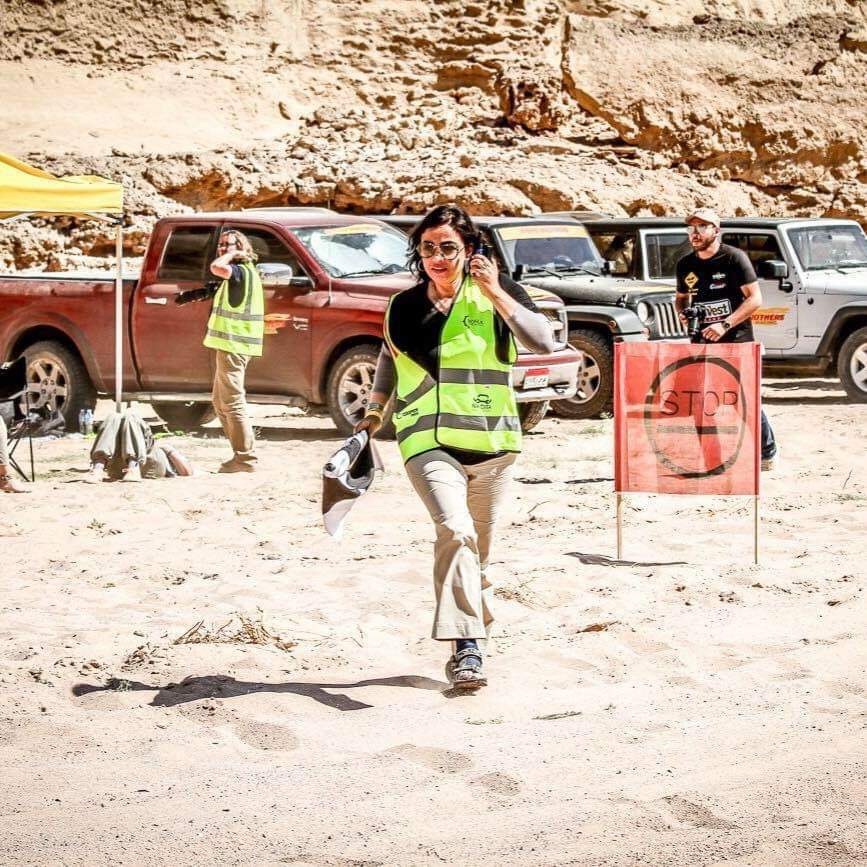Have you ever observed a waiter or a waitress and perceived their manners, behavior, and to an extent even, how they move physically in their environment, as typical of all waiters and waitresses? You might think that this is normal and probably necessary. It may even upset you if waiters and waitresses do not act in accordance with how you would expect them to act regardless of who they are.
Jean Paul Sartre, a 20th century French existentialist philosopher, observed one of the typical Parisian waiters serving him coffee back in the day. To Sartre, that waiter was an extreme illustration of our tendency to mold ourselves into social roles like the waiter, the businessperson, the school teacher and the grocer. Our jobs do not merely communicate to people what we do, he thought. They also change how we think, what we think about, how we act and what facial and verbal expression we use. And we stop being ourselves in the process. He termed this philosophical concept bad faith.
We recently ventured into the desert to witness this year’s El Gouna Rally Special; where men and women who come from different backgrounds and share an intense love for racing in the desert competed tirelessly.
One of the organizers we met was Mayada Safwat. Safwat started working on the rally back in 2010 when it was only an idea. Knowing this, you might think of Safwat as an outgoing, adventurous, competitive person with a fun spirit. You might think she is someone who has the right amount of knowledge and expertise to help kick off and sustain one of Egypt’s strongest rallies, and she does. She is an internationally certified Steward (the person who supervises rally races to ensure that the event is being run in a safe manner) who teaches the regulations of the International Federation of Automobiles at Egypt’s Rally School. “My plan from the beginning was to become a racer but I felt like my role as an organizer and a Steward was more important and demanding. So, I’m not a racer myself.”

Via Mayada Safwat
Prior to that, however, Safwat worked for many years as a corporate HR manager. How many experienced HR managers would you think of the same way you though of Safwat the racing Steward? Is your perception of her different now? Safwat left corporate only four years ago to become a freelance High Ropes instructor and later became a life coach. “Even when I worked in corporate, I was driven to adventure,” she said gracefully. Instead of acting in bad faith, Safwat pushed herself to realize her freedom and refused to succumb to the molds we might unintentionally attempt to box her in. Instead of thinking of Safwat’s transition as an inspiring career-shift story, we could view it as the story of a person who refused to let her job define who she is.
In Sartre’s view, we must not subjugate ourselves to the pressures trying to us into prescribed molds and, instead, realize how much freedom we actually have. In his opinion, suppressing who we truly are through telling ourselves ‘I have to do it for the money’ or ‘this is how the market works’ is usually self-deception that will make us miserable in the long run. Just like Safwat, even though it may be painful, we must truly realize our freedom and – no matter how painful it may be – consider all our options throughout our lives.




























